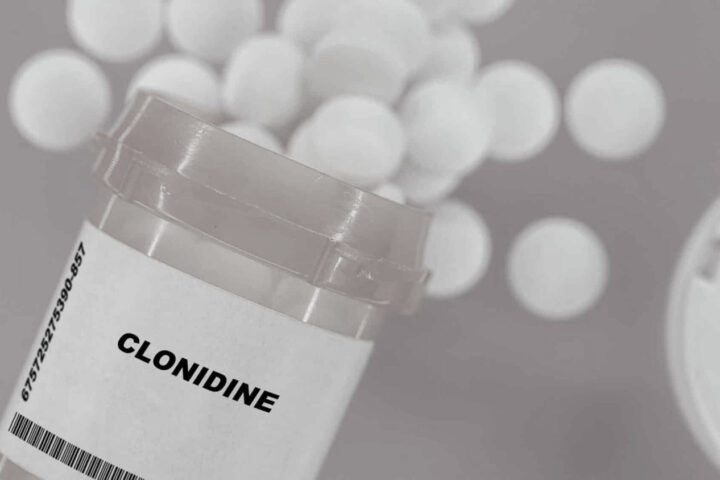The weight of living with a cocaine addiction is heavy. But if you’re anything like me, the load isn’t just about the chemical dependence or the daily struggle to resist urges. It’s also about the judgmental glances, whispered comments, and sometimes outright discrimination. The stigma surrounding cocaine addiction in South Africa, and globally, can often feel like a millstone around your neck.
When you hear the word ‘cocaine,’ what images come to mind? Maybe you conjure images of celebrities caught in scandalous situations or stories of powerful figures falling from grace due to their involvement with the drug. While these stories certainly grab headlines, they paint an incomplete and damaging picture. This representation fails to account for the ordinary people grappling with addiction, people like you, your neighbour, or even a family member.
A significant consequence of this stigma is the reluctance to seek help. Feeling judged, or fearing the loss of one’s job or respect in the community, can be powerful deterrents. Many remain silent about their struggles, further deepening their isolation. The sad irony? Cocaine addiction is often a symptom of deeper psychological or emotional pain, and the very act of isolating oneself can exacerbate the root causes of addiction.
In South Africa, where the collective memory of apartheid still lingers, divisions run deep. Adding drug-related stigmas only perpetuates a society of ‘us’ versus ‘them.’ However, a lesser-known fact is that cocaine use doesn’t discriminate. People from all walks of life, from the affluent suburbs of Cape Town to the bustling streets of Johannesburg, have been affected.
So, how do we combat this? Education and understanding are paramount. TED Talks, like Johann Hari’s “Everything you think you know about addiction is wrong” [YouTube URL: https://www.youtube.com/watch?v=PY9DcIMGxMs], challenge conventional views on addiction and illuminate the real reasons people become addicted. These discussions help break down stereotypes and encourage a compassionate approach to addiction.
It’s vital to recognize that the stigma surrounding cocaine addiction isn’t just a societal issue; it’s deeply personal. When we internalize these negative beliefs, it influences our self-worth and can hinder recovery. For someone like me, in recovery, embracing a new narrative of self-understanding and self-forgiveness has been pivotal.
To anyone reading this: If you or someone you know is battling cocaine addiction, remember that it’s okay to ask for help. In shedding light on the truth of addiction, and by rejecting stigma, we forge a path to a more understanding and supportive community for all.
“Remember, you are not defined by society’s whispers; you are defined by the strength of your heart and the courage of your journey. The stigma surrounding cocaine addiction is but a shadow; your potential for recovery is the light that outshines it.”
The minefield of misconceptions linked to cocaine use and the impact it has on individuals can be challenging. Often, the weight of these societal judgements can hold you back from seeking the help you truly need. But understanding the truth behind these beliefs, and the actual effects of cocaine, reveals the importance of seeking professional assistance. Your journey towards recovery, healing, and understanding can begin today. By reaching out to us, you’re not just finding support; you’re taking a brave step towards debunking myths and living a life free from the shackles of addiction.



